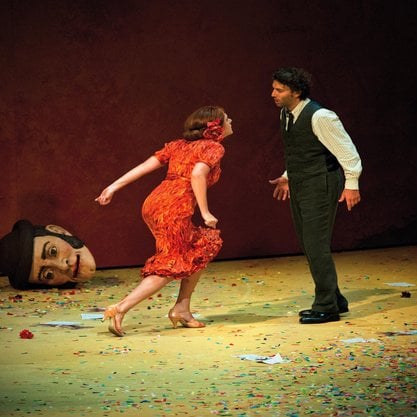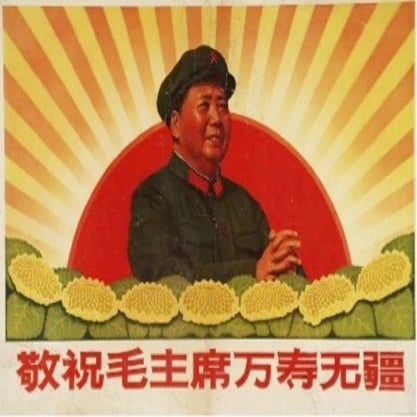Article
Bungei Kyōkai By Zheng, Guohe
Article
Launched in February 1906 out of a drama club of Waseda University students, Bungei Kyōkai was one of the two pioneering organizations of the modernist movement in Japanese theater, the other being Jiyū Gekijō. Bungei Kyōkai, particularly its second period, is considered the beginning of shingeki for its contributions to Modernism in establishing professional actors and actresses in modern Japanese theater, in its impact on society, and in its having elite intellectuals as its leaders.
During its early period Bungei Kyōkai was more reformative in nature; while it produced selected acts of The Merchant of Venice and Hamlet, it also produced Tsubouchi Shōyō’s modern kabuki Kiri hitoha (A Paulownia Leaf), and the role of Portia in Merchant was played by an onnagata (male performer of female roles in kabuki). This led to these resignation of disappointed members and the beginning of its financial difficulties. To overcome these challenges, Shimamura Hōgetsu, Tsubouchi Shōyō’s disciple and the de facto manager of the organization, persuaded his teacher to take direct charge from February 1909. Shōyō started Bungei Kyōkai’s later period by building, on the site of his own residence, a theater academy, intended for both training and research. The two-year co-educational academy program was quite rigorous, with Hōgetsu and Shōyō among the instructors and using as textbooks the original script of The Merchant of Venice and the English translation of A Doll’s House. Later, however, elements of traditional Japanese performing arts, including kyōgen and stage fighting, were added to the curriculum, reflecting Shōyō’s vision of a national theater as the ultimate goal of Bungei Kyōkai.

